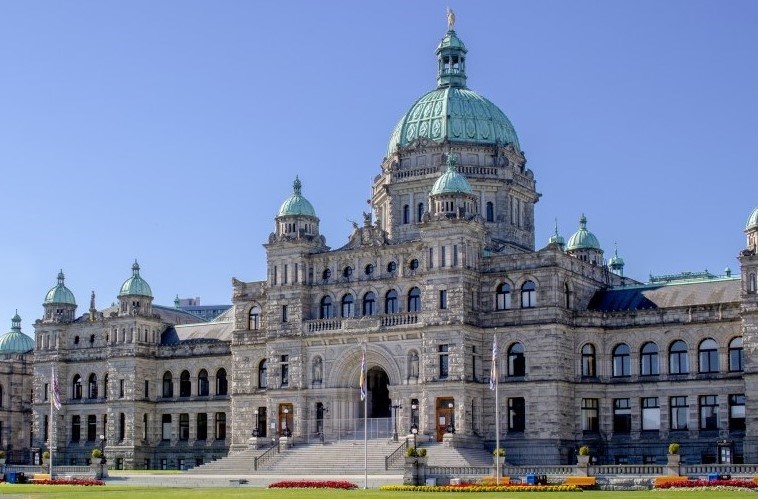Despite the need for more skilled immigrants, especially in health care, the BC NDP government is hiking its permanent residency application fee Tuesday by more than 28 per cent.
In a ministerial order on July 18, Municipal Affairs Minister Anne Kang, who is responsible for provincial immigration programs, approved the $325 increase for skilled immigrants to apply for permanent residency under the B.C. Provincial Nominee Program (PNP).
Instead of $1,150, they will have to pay $1,475. There is currently a three-month waiting period for application processing.
Under an agreement with the federal government, B.C. nominates a certain number of immigrants every year to become permanent residents of Canada. The federal government ultimately decides who gets the visa.
B.C. issued 7,000 nominations in 2022, a number expected to increase by 1,000 annually until reaching 10,000 in 2025. Applicants are scored based on directly related work experience, highest level of education, language proficiency in English or French, hourly wage of the B.C. job offer and job location within B.C.
Immigration lawyer Richard Kurland wonders if the fee increase is necessary.
“Why be penny wise and pound foolish?” Kurland said. “Do you really need the extra $325 per application at the present time, when there's a greater need, in terms of balancing the economics of it, of bringing in skilled labour?”
Kurland does not expect the higher cost to be a significant barrier. However, he suggested keeping the price point the same and only charging the additional fee after qualification would have been fair.
In a statement, the Ministry of Municipal Affairs said the increased fee is intended “to maintain service standards and enhance features of the PNP, such as targeted outreach to regions and areas of labour shortage, and proactive analysis of program performance.”
It said the program operates on a cost-recovery model, with additional revenue to hire more staff.
“The program currently employs 103 staff that are occasionally supported by contractors. All staff, including the program systems, facilities support, are 100 per cent paid through cost recovery, which means the program is entirely funded by fees.”
B.C.’s application fee remains less than that of Ontario, which is $2,000 if the job is offered in Toronto or $1,500 for jobs outside the Greater Toronto Area. The fee to apply in the Alberta Advantage Immigration Program is $500.
B.C.’s Ministry of Municipal Affairs said it has seen 74 per cent more health care nominees and 374 per cent more early childhood sector nominees.
In a 2020 report, then-acting auditor general Russ Jones said the ministry had met its nomination targets and most immigrants who became permanent residents through the PNP chose to remain in B.C. and were employed. But there was room for improvement.
That report said B.C. forecast 861,000 job openings from 2019 to 2029 and the number of people (including nominees and accompanying spouses and dependents) who came to B.C. from 2015 to 2018 through the PNP was 32,000.
“The emphasis on filling the province’s nomination quota could encourage unintended behaviours, such as focusing on quantity over quality of nominees, or approving applications with less scrutiny than warranted,” Jones reported. “We also found that the ministry had not done enough to assess and mitigate the risks of misrepresentation, fraud and corruption. The ministry had set up safeguards to protect the program’s integrity. However, it had not conducted a structured risk assessment to ensure that it had the right safeguards in place. It also had not monitored to ensure that safeguards were implemented as intended.”
The ministry’s overall budget for 2023-24 is almost $269.3 million. The immigration services and strategic planning department’s net budget is $25.7 million after $149.7 million in external recoveries.



